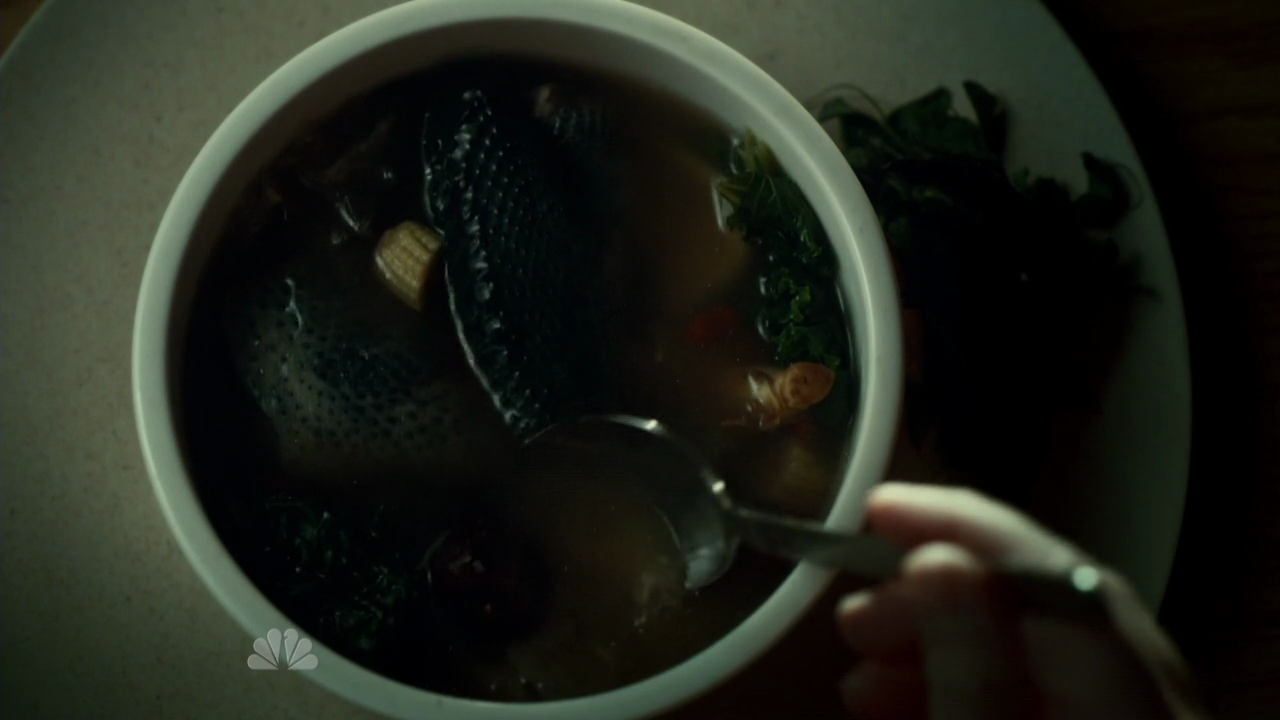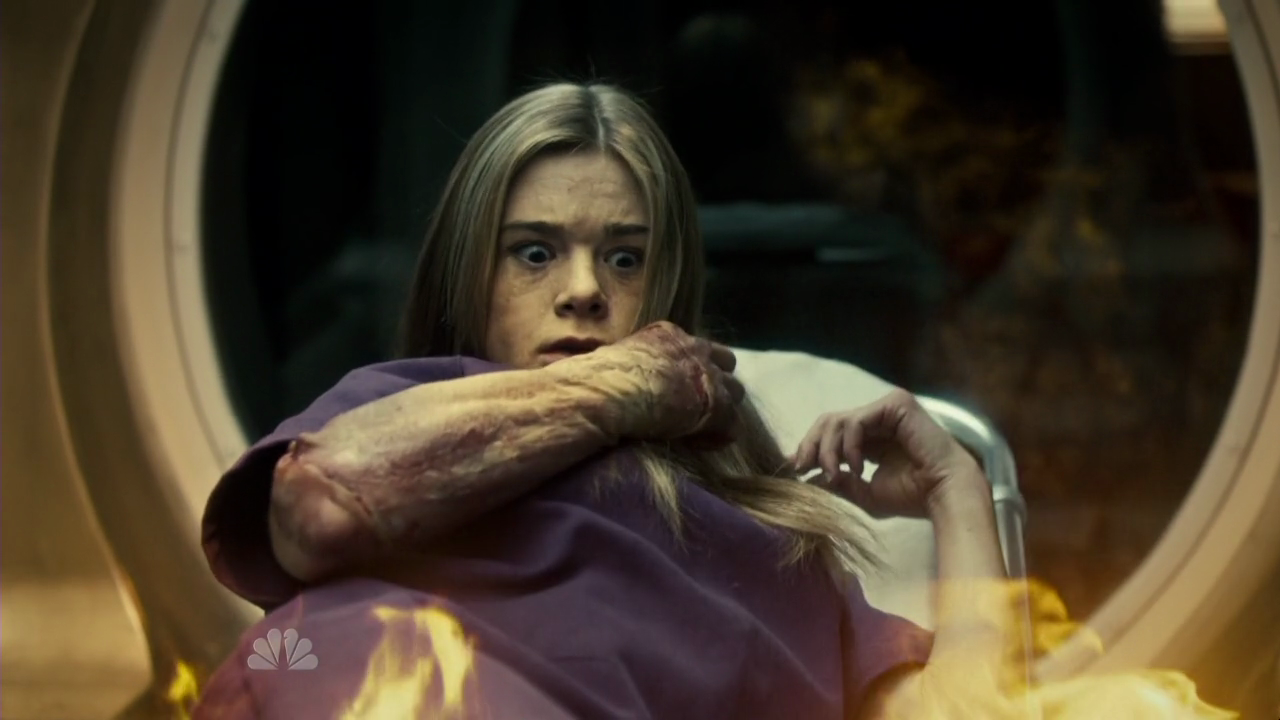Shabcast 34 – The Election, Corbyn, the Tories, the DUP, and Grenfell Tower
The image across is by Steve Bell and was published in the Guardian. I’ll take it down if they ask. But it seemed too brilliantly, horribly perfect to abjure.
This month I’m joined by Kit and James, to talk about the election we had last week (surprise surprise) in which Jeremy Corbyn defied his critics to resurrect the fortunes of Labour and pummel the Tories into a very uncomfortable corner. We also talk about the horrific Grenfell Tower fire, just had just happened when we sat down to record.
Please share around, tell your friends, etc. I think we’re all proud of this one.
Credit where its due: this episode very much came about because Kit and James organised it, and James both edited the main body of the episode and supplied the wonderful title. I’m not even in the episode for half an hour or so.
Eruditorum Presscast: Empress of Mars
Another week, another podcast. This time we’ve got Ian McDuffie, writer and artist of Feels and the force behind Violet Mice. And a Gatiss episode. One of those is worth getting excited about. The other is… fine. Find out which is which here.…
E3 2017: Bethesda
Proverbs of Hell 12/39: Relevés
 RELEVÉS: Properly “removes,” but best understood in the sense of a relief pitcher, with the idea being that the course replaces the previous one. In practice, it is the big set-piece course, and so functioning much the same way that “Rôti” did.
RELEVÉS: Properly “removes,” but best understood in the sense of a relief pitcher, with the idea being that the course replaces the previous one. In practice, it is the big set-piece course, and so functioning much the same way that “Rôti” did.
GEORGIA MADCHEN: They say what’s wrong with you?
WILL GRAHAM: Just the fever. They’re trying to find out what else.
GEORGIA MADCHEN: They won’t find anything. They’ll keep looking and keep giving you tests and keep giving you false diagnosis and bad medicine. But they won’t find anything wrong. They’ll just know you’re wrong. (Pause) I hope you have good insurance.
One assumes the FBI has decent insurance, but it’s a delightful joke and, given how little time we actually get to spend with an on-the-mend Georgia, probably the key
The sense of being wrong, as opposed to having something wrong with you, is a deep-seated fear for Will. It’s worth recalling his description of the Chesapeake Ripper as “one of those pitiful things sometimes born in hospitals” that fails to die, a description that puts Hannibal in much the same place.
GEORGIA MADCHEN: They said I might remember what I did. I don’t want to remember.
WILL GRAHAM: You know what you did, Georgia.
GEORGIA MADCHEN: But I don’t remember it. I don’t remember it like I did it. It feels more like some horrible dream where I killed my friend.
Thankfully this comes well after Moffat’s use of a similar line in “The Wedding of River Song,” and so we can safely conclude that any influence was on Fuller and company as opposed to the other way around. Nevertheless, this serves as a late echo of the themes of identity and memory in “Rôti.” What’s striking is the aspirational approach that Hannibal takes to the conjunction of memory and identity. Georgia wants to control what she remembers so she can control who she is.
HANNIBAL: Silkie chicken in a broth. A black boned bird prized in China for its medicinal value since the 7th century. With wolfberries, ginseng, ginger, red dates and star anise.
WILL GRAHAM: You made me chicken soup.
The script calls says, “Hannibal offers a supportive smile. Of course he did,” but Mikkelsen’s reaction, which is considerably funnier, has him looking slightly miffed at Will’s reductiveness. Would Hannibal still have turned on Will if he hadn’t insulted his soup? Probably, but still.
It’s also notable that the black boned chicken makes this one of the rare meals we can confirm is non-cannibalistic. (Although “a broth” offers some concern.)
Amusingly obscured from all subsequent discussion of this murder is how Hannibal successfully tampered with Georgia’s oxygen chamber to both remove her grounding bracelet and slip a plastic comb in. This is probably for the best, as calling attention to it would damage the “he might not literally be the devil” interpretation that the show takes such tortured pains to maintain the faint plausibility of.
Given that Georgia’s issues with memory provide a thematic counterpoint to Gideon, it’s a pity room for her couldn’t be found in “Rôti,” as her swift incineration in this episode seems like a waste of a character who, while she probably didn’t have a substantial arc in her, was still probably good for a few more scenes.…
Empress of Mars Review
In what seems likely to be his last script for the series, Mark Gatiss finally manages to get ruthlessly trad Doctor Who to work in the new series. Sure, we’ve had straight-up bases under siege and throwbacks, but most of those were at their root prettified versions – what people thinking back to the highlights of Doctor Who half-remember the series as being. But this is what the series actually was – a quaintly stagey morality play in a cave. More than, I think, any new series episode to date you could imagine this one with Jon Pertwee in it. Sure, the Victorian expedition would be down to about five people and you wouldn’t do the pop culture jokes, but this belongs to the series that made Colony in Space, The Mutants, and, yes, The Curse of Peladon in a way the new series simply hasn’t before.
It’s easy to make this sound like an unimpressive trick – and it’s not like the three stories I listed there make many people’s top ten lists. (Though I think they’re all underrated.) But, and I really want to stress that I’m not damning with faint praise here, one need only look at how long Mark Gatiss has spent trying to make Doctor Who feel like the Pertwee era to see that it’s not even remotely easy to make something simultaneously feel like 1972 and not feel like a jarring mess in 2017.
Part of what makes it work is what always made me less pessimistic about the Gatiss episode this year – the fact that Victorian explorers fighting Ice Warriors on Mars is so utterly, pathologically Gatiss that it holds things together. What’s interesting, then, is that it’s an idea it’s impossible to actually imagine Letts and Dicks going for. It’s not that it’s too gonzo for the production team that brought us The Claws of Axos, but it’s gonzo in the wrong way. Literally nobody but Mark Gatiss would ever suggest it. But more to the point, it’s too unvarnished in its political critique – when the Pertwee era did the Empire it was as the “Earth Empire,” and already in its collapse phase. Actually doing the Victorians and treating them as invaders would have been too much. (Although to be fair, part of why this feels so Pertwee is that “Earth invades Mars” turns out to be indistinguishable from The Sea Devils aside from the costumes.
The irony, though, is that of course this isn’t a critique Gatiss wants to push too far either. He puts the obligatory lines in, sure. And the basic conflict between Godsacre and Catchlove is a critique of Victorian culture. But he’s not Peter Harness, and he’s not going to do a rigorously political episode any more than he’s going to bother characterizing Bill in more depth than “the one that makes pop culture references.” Given the choice between biting political allegory and riffing on Edgar Rice Burroughs some more, or indeed between most things and riffing on Edgar Rice Burroughs some more, it’s not hard to guess what’s going to win.…
Hung Over
 So, interesting times, huh.
So, interesting times, huh.
Actually, incredible times.
The Labour Party under Jeremy Corbyn fights the Tories to a hung parliament after years in the wilderness. Go back in time and tell me that in early 2015 and I’d laugh in your face. Not because I ever had anything but respect for Corbyn. I’ve always considered him a man of seriousness, principle, and dedication. And not becaue I think left-wing policies (or what passes for them these days) can’t sway people, can’t be popular, can’t win elections. They can, and do.
(The truth is that, spread out across Labour, the SNP, Plaid Cymru – and taking into account the many people who vote LibDem for left-liberal reasons, and the many more people who abstain because they’re too left-wing to feel represented by any party, even if they themselves don’t necessarily understand themselves that way – the majority of the British public are to the left to some degree. As Milton Friedman once bewailed, the public are irretrievably collectivist.)
No, I’d have laughed primarily because I would never have thought Corbyn would be able to get the nominations to stand for the leadership; and then I’d never have believed that the incurably cowardly and centrist Labour Party would elect him. But he got those nominations – essentially because of a prank – and then the Labour membership stepped up. Moreover, the people who had either been alienated from the party, or never attracted to it in the first place, owing to the poisonous legacy of Blairism, began flooding to join.
Initially, the Corbyn group showed serious lapses of judgement and competence. Many of these were probably inevitable when people with no experience of party leadership started trying to lead a party in adverse circumstances… but, it must be said, many others were avoidable and unforced.
Even so, the main drag factors causing Corbyn’s persistently low polling and approval numbers in the pre-election period were the systematic media bias against him (across the spectrum from the hard right tabloids to the BBC to the supposedly left-wing Guardian, they either left what he said unreported or misrepresented him, often to the point of simple and outright fabrication) and the resistance from inside his own Parliamentary Party. The comical palace coup failed to unseat Corbyn, as we know. And there we saw a first real glimpse of the man’s grit, as he faced down not only a jeering David Cameron but a hefty chunk of his own party (his PLP being largely a bunch of centrists at best), going on to win a second leadership election with an increased majority.
Even so, most commentators expected – along with Theresa May, clearly – that Corbyn would lead the low-polling Labour Party over the cliff and into oblivion in this election. Such is the unassailability of the entrenched and religiously-believed dogma of the neoliberal normal. So imagine their astonishment when Corbyn started closing the gap – spectacularly. The one difference being that, in election season, any media with any desire to pretend impartiality are more or less obliged to give coverage to both sides. …
Eruditorum Presscast: The Lie of the Land
I’m joined this week by Kit Power, who has more kind things to say about The Lie of the Land than I do. So, really, any kind things.
Anyway, you can listen to that here if that’s the kind of thing you like to do. Or we can just sit here in uncomfortable silence. That’s fine too.…
To The Future
With the publication of my essay on Ill Wind Part 4 and my Star Trek: The Next Generation and Star Trek: Deep Space Nine Reading Guide (which just went up earlier today here, in case you missed it), Vaka Rangi has officially left the TNG/DS9 period.
I said it before (in the Species essay), but this means my positionality is gone from Star Trek more or less for good. And I’ll be honest, when I was first planning Vaka Rangi in 2013, my initial plans for the project were *limited* to this 1987-1994 (and a bit after) period. I had no intention of covering the Original Series, the Animated Series, the movies, Voyager, the Dominion War or anything else. That I’ve managed to stretch the project out for this long still quite frankly amazes me. The fact of the matter is I really don’t have many more places to go with Star Trek. With Ill Wind, I’ve basically said all I wanted to say. I did what I set out to do.
I do have some stuff to say about Enterprise and I’m working on the early stages of a rough outline of an angle for the Voyager and Dominion Wars years that will lead into that (and in fact a portion of the book I’m currently editing was intended to set that up)…But it’s far from ready, and I’m far from confidant I’ve got a strong enough handle on the material and how I want to convey it such that the final product would be anything resembling coherent or erudite. Vaka Rangi from here on out would basically be an entirely different project from what it was up to today, so I need time to work out how to manage that transition in a vaguely elegant way.
Ill Wind may not be the last thing I ever write about Star Trek, but it will probably be the last for a *very* long time.
I’m deep into the planning and pre-production process of my next large-scale blog project that will succeed Vaka Rangi, and trust me, it’s every bit as overreaching and overambitious as this has been. I’m really excited to start work on this, such that it’s distracting me from day-to-day work, and I can’t wait to share it all with you. The problem is…I have to wait, and so will you, because I have to physically *go* somewhere to do fieldwork for this, and I won’t be able to do that until April 2018. So the project has to wait for at least another 11-12 months.
Permanent Saturday will continue, and so will Hyrule Haeresis (but there’s only three more entries of that left, so I’m pacing them out), and in the meantime, I still have a YouTube channel about video games, and I’m going to use this time to focus on building and nurturing that. My first two videos are on Spelunx and the Caves of Mr. Seudo by Cyan Worlds, and a commentary track on the same.…
Star Trek: The Next Generation and Star Trek: Deep Space Nine Reading Guide
Longtime Vaka Rangi readers may remember that I have a small tradition of making episode guide/reading list posts whenever I finish covering Big Eras of the project. The hypothetical situation is that someone who is new to the show and yet for some reason *doesn’t* want to marathon binge-watch it as is the standard way of consuming TV these days could theoretically be interested in my recommendations for the best stories so as to emphasize the cream of the crop while avoiding filler and missteps. Each entry has a link to my essay on the story for those who might want to revisit them.
I first did something like this when, following a joke Kevin Burns made to me about Futurama, I was challenged to find “20 Good Episodes” of the Original Star Trek. TOS fans will likely be annoyed as there’s probably more episodes from that show one could recommend (and I *still* would have chosen different episodes after publishing Vaka Rangi Volume 1), but I wanted to limit myself to 20 following the conceit of the game so I was far harsher in my choices than I might otherwise have been. I didn’t do a list post for the Animated Series, but really, you’re pretty much good with anything on that show that wasn’t written by Margaret Armen.
After I finished Star Trek: The Next Generation Season 1, I did another post to drive home my argument that the inagural year was very unfairly maligned and in truth had a robust crop of stories that deserve anyone’s attention. That post also has a list of my picks for the best episodes from the Dirty Pair TV series, as I had recently finished watching it for the first time and was about to start on the Original Dirty Pair OVA Series.
The Dirty Pair franchise itself got what in many ways is the prototype of the post you are about to read today: A master post of all my favourite stories I’d experienced so far, with links to where you could get your hands on copies of your own. It’s not linked from Eruditorum Press, but it’s still archived at my old blog. The links to my essays on all these old posts do link back to the old site, but all of my essays are archived right here too and can be read by searching or following the tags. It’s a bit dated now (especially the webstore links, though Dirty Pair should still all be on YouTube), but my picks are still pretty much the ones I’d pick today.
And so now, having come to the end of a long and winding road revisiting Star Trek: The Next Generation and Star Trek: Deep Space Nine, it’s time to give this phase of the project the same dues. Listed below, for your reading pleasure (or perhaps displeasure), are what I consider to be the best Star Trek stories between 1987 and 1996, including TV episodes and comic books.…


